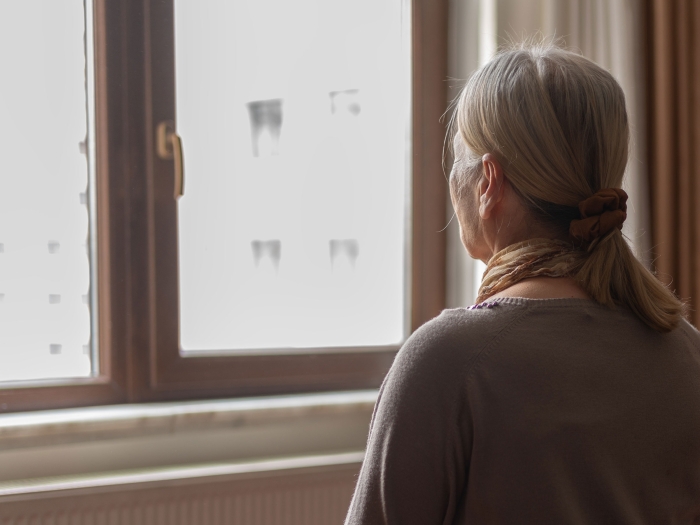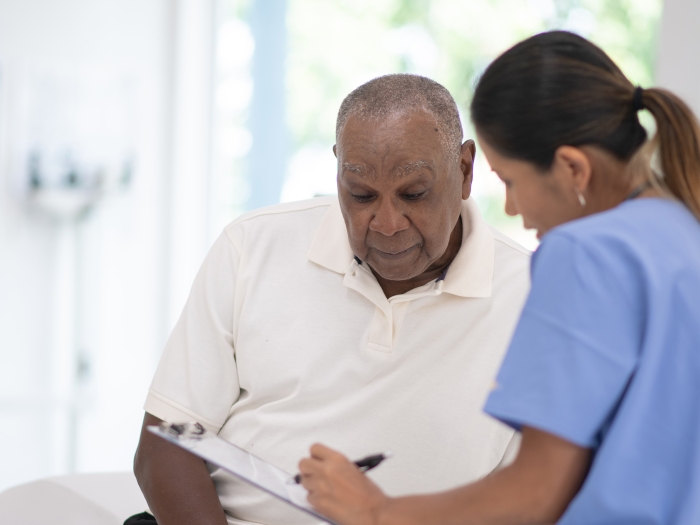Researchers find higher hospital admission rates among nonbinary people, with a high proportion experiencing a chronic condition or mental illness
12:00 PM
Author |

Transgender and nonbinary people are significantly more likely than cisgender peers to be admitted following a visit to the emergency department, a study suggests.
Michigan Medicine researchers found a rapid increase in the proportion of visits with a trans-related diagnosis, from 0.001% of visits in 2006 to 0.016% in 2018, according to the findings presented at ENDO 2023 in Chicago, the Endocrine Society’s annual meeting.
“Transgender people face significant health disparities, including access to primary and preventive care,” said lead author Daphna Stroumsa, M.D., M.P.H., an assistant professor in obstetrics and gynecology at the University of Michigan Medical School and obstetrician-gynecologist at U-M Health Von Voigtlander Women’s Hospital, of Michigan Medicine.
“These barriers – often driven by structural and interpersonal stigma – block trans people from accessing primary care and could lead to heavier reliance on emergency care.”
A large proportion of emergency care visits by trans individuals was associated with a chronic condition (58% compared to 19%) or a mental health diagnosis (29%, compared with 4% for cisgender patients.)
The high admission rates, and high proportion of trans people with a chronic condition or with a mental health condition, may represent worse overall health due lack of primary care, or a delay in seeking emergency care.” Daphna Stroumsa, M.D., M.P.H.
Similarly, hospital admission among trans people was much more likely to be linked to a mental health condition (37% versus 5%.)
“The high admission rates, and high proportion of trans people with a chronic condition or with a mental health condition, may represent worse overall health due lack of primary care, or a delay in seeking emergency care,” Stroumsa said. “There is a need for increasing access to affirming primary and mental health care for transgender people.”
Stroumsa notes that findings may also reflect a higher likelihood of a trans-related diagnostic code being charted among trans people being admitted.
Researchers analyzed data from the Nationwide Emergency Department Sample, a sample of hospital-based emergency visits and used gender-dysphoria related diagnostic codes to compare visits between demographic groups.
Additional authors include Erica Marsh, M.D.; Aaron Vrolijk, M.D.; Charley Jiang, M.S.; Paul Pfeiffer, M.D., M.S., and Molly Moravek, M.D.
Study cited: “Bridging the Gap: Utilization of Emergency Services by Transgender People in the United States, 2006-2018,” ENDO meeting 2023.

Explore a variety of health care news & stories by visiting the Health Lab home page for more articles.

Department of Communication at Michigan Medicine
Want top health & research news weekly? Sign up for Health Lab’s newsletters today!





